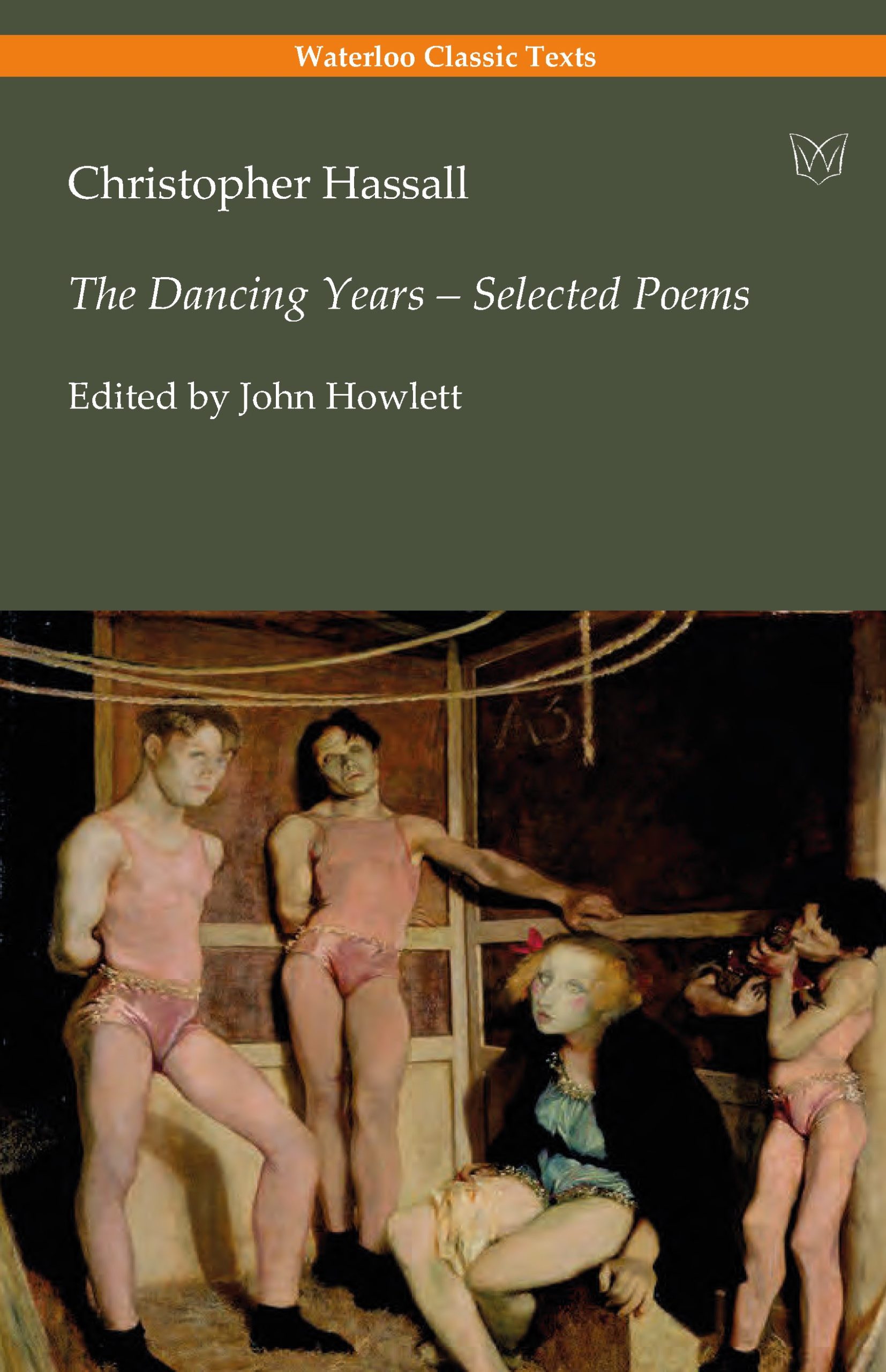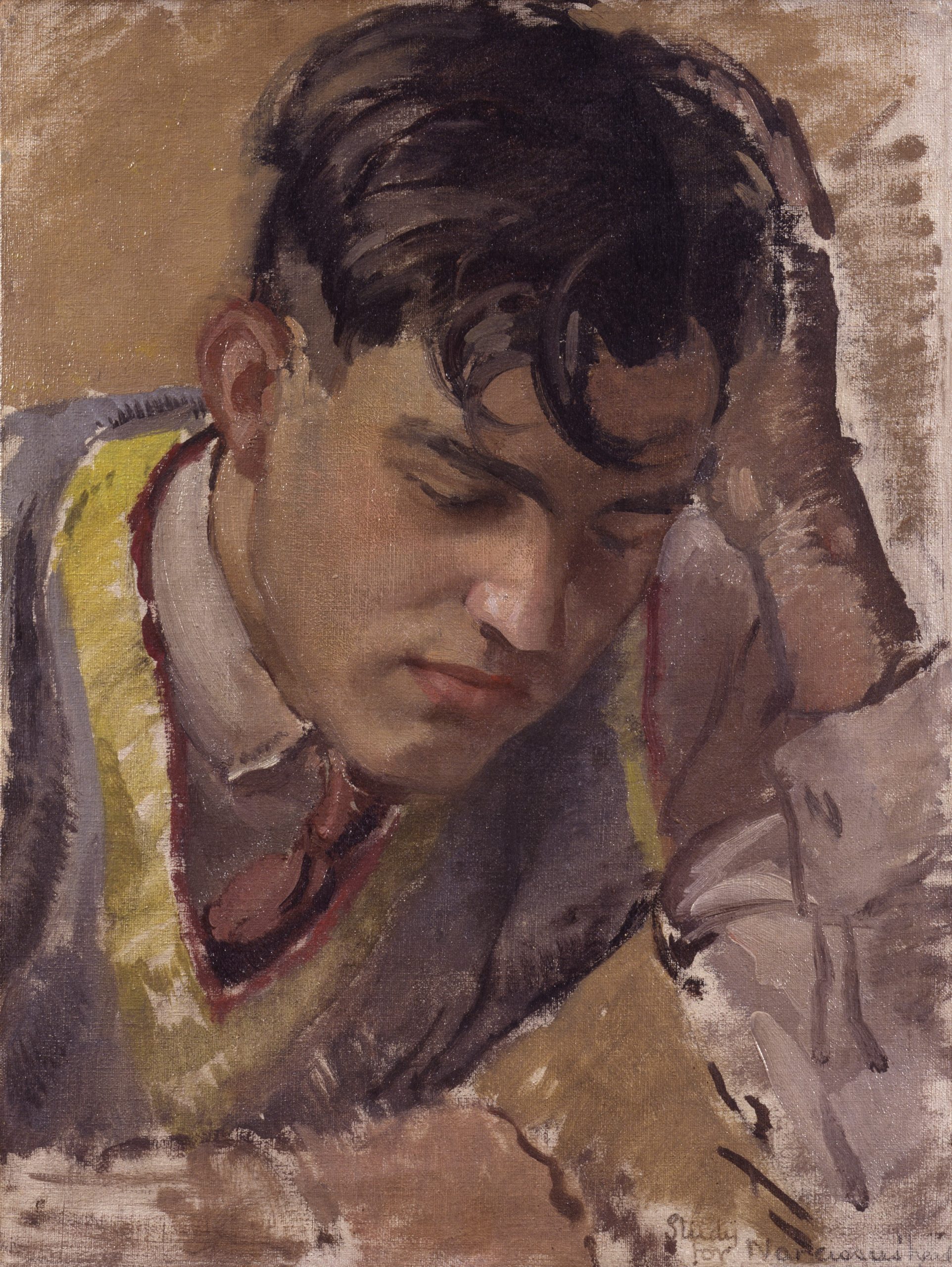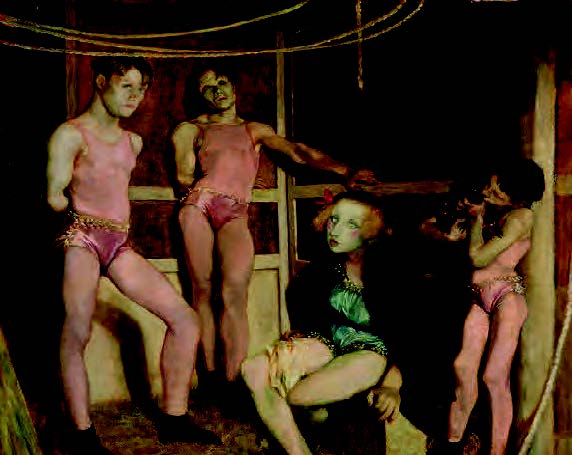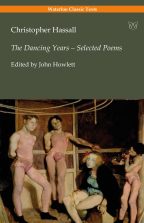Praise and Poems
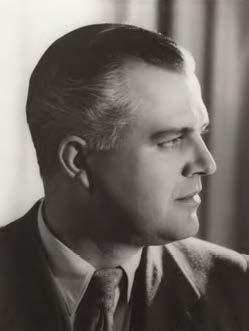
Fame and fortune is a pretty good way of obscuring what you’re really good at. Christopher Hassall (1912-63) not only committed the cardinal sin of being lauded as librettist and song lyricist for composers from Ivor Novello to William Walton, he found acclaim as dramatist and literary biographer (notably his posthumous Rupert Brooke). Though valued by contemporaries, the poetry world never quite forgave him, especially for being first published by Georgian Poetry entrepreneur Edward Marsh. His other sin – dying young – cemented this.
Yet Hassall’s an impressive poet who developed, not only responding to his peers, but as editor John Howlett demonstrates: “his poetry, at its best ruminative, witty, and conversational, seems both distant and distinct from those with whom he has been compared.” There’s soon no trace of Georgian poetry. Hassall takes in the scope of history and its pressure. If, as he claimed, verse dramas came as easily as breathing, and obituarists snarled the air pressure had changed, they forgot to read later Hassall, and breathe out. Hassall blazed at his best towards his end, like another poet dying in 1963: Louis MacNeice. In his last collection’s title poem ‘Bell Harry’ he can write with laconic precision:
Bare, musty, undisturbed, plain roughcast white,
The leper church still hugs my northward height.
Even the silence is of Norman date.
Who calls another day may come too late
To catch the frescoes sinking out of sight.
There’s quite a few leper churches to be found here in the bittersweet roughcast of Hassall’s once smooth poetry. His best, gnarled with maturity, is truly memorable speech.

